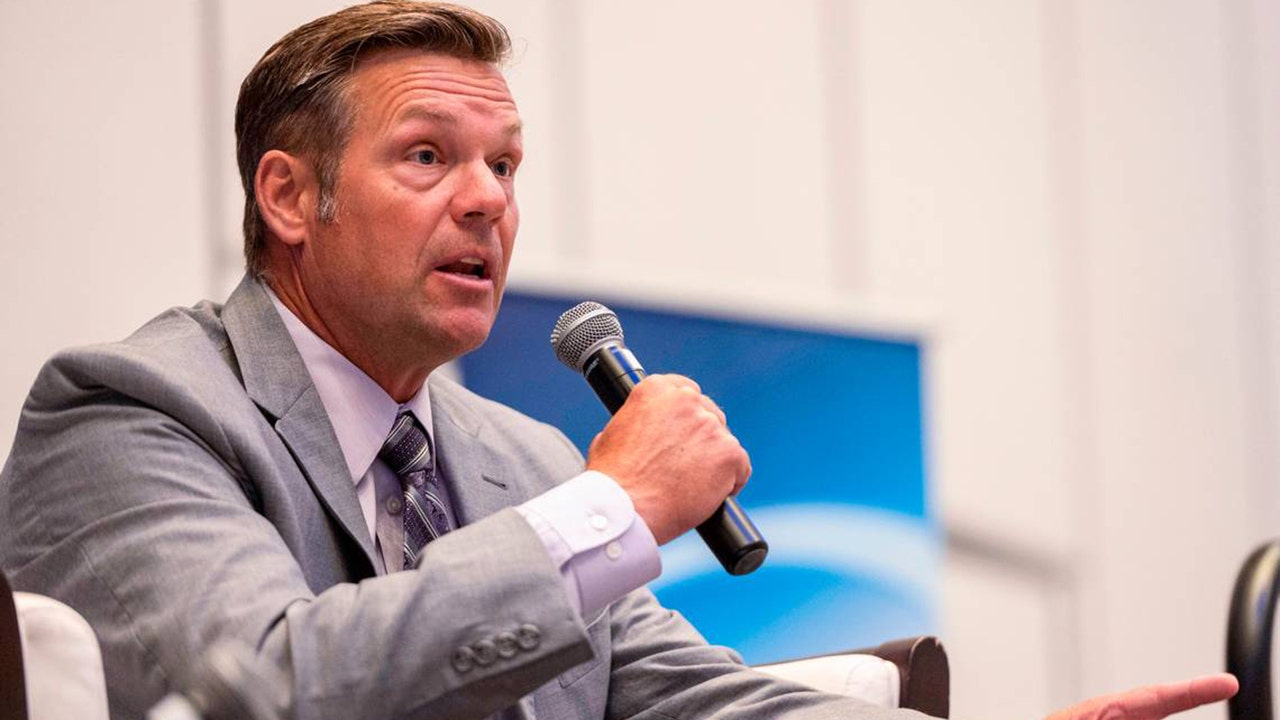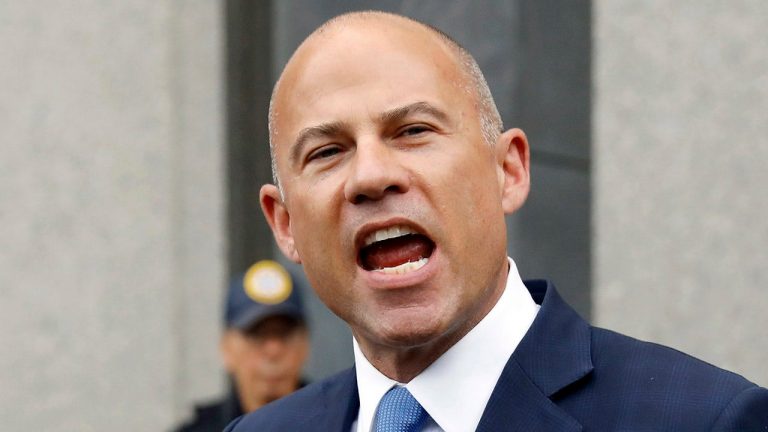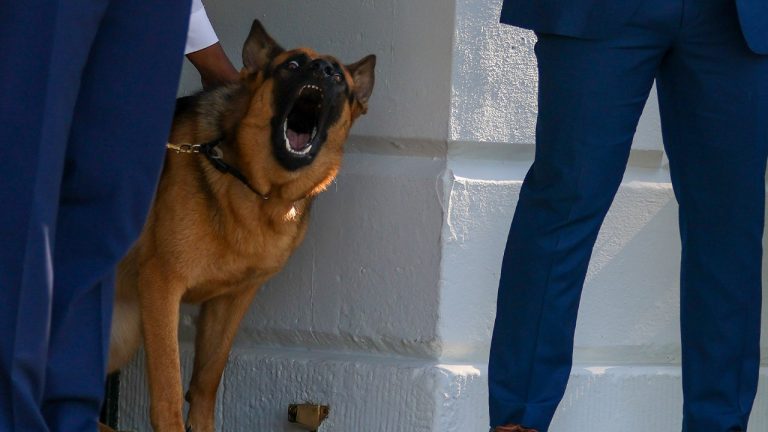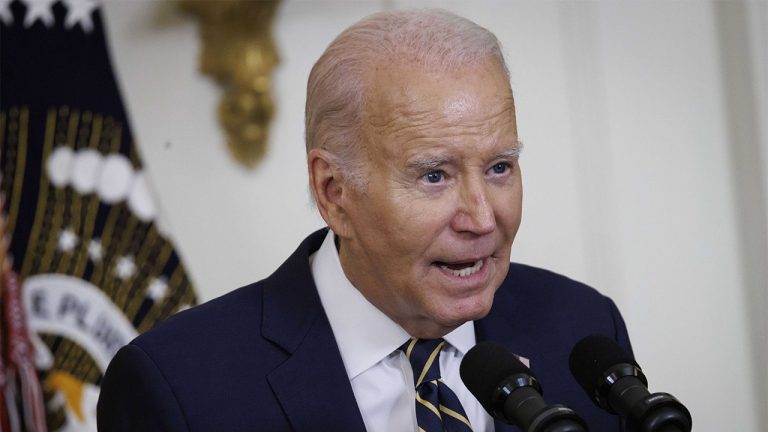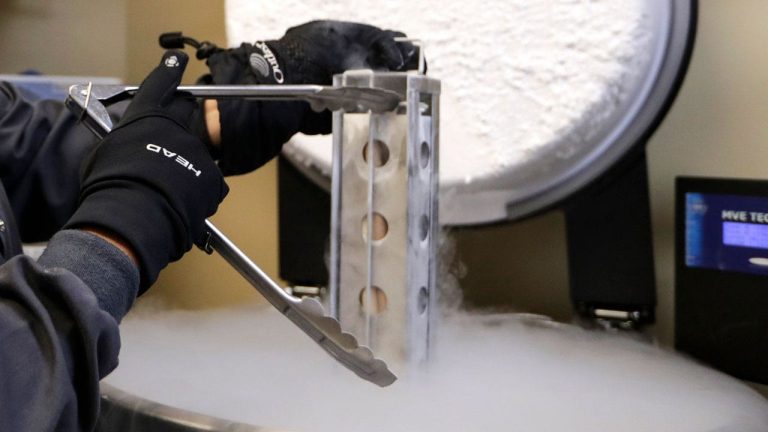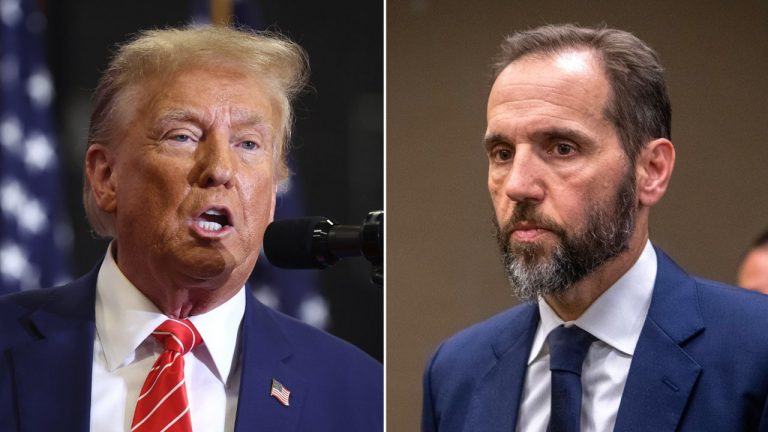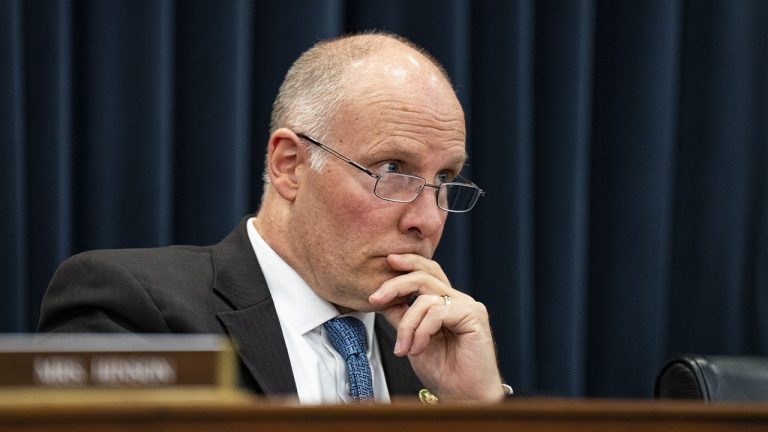Kansas High Court: Right to Vote Not in State Constitution
The Kansas Supreme Court recently handed down a complex ruling on various challenges to a 2021 election law, with mixed results that left both state officials and voting rights groups with victories and defeats. The decision included a controversial statement in the majority opinion that there is no inherent right to vote in the Kansas Constitution’s Bill of Rights, sparking strong disagreement from three of the seven justices.
One of the key provisions of the law in question is the ballot signature verification requirement, which mandates election officials to match signatures on advance mail ballots with individuals’ voter registration records. While the Supreme Court revived challenges to this provision, the majority dismissed arguments claiming that the measure violates state constitutional voting rights.
Justice Caleb Stegall, writing for the majority, defended the decision against accusations of disregarding past precedent, emphasizing that the Kansas Constitution does not establish a fundamental right to vote. This assertion prompted Justice Eric Rosen, among the dissenting justices, to express disbelief at the idea that Kansas citizens do not hold such a fundamental right under their own state constitution.
Conversely, the court unanimously supported challengers of a separate provision criminalizing the appearance of being an election official, a measure that voting rights groups believe infringes on free speech and impedes voter registration efforts. The Supreme Court ruled that the law fails to require proof of intent by volunteers to impersonate election workers, thereby penalizing legitimate speech and potentially leading to misunderstandings.
Amidst the back-and-forth legal battles, the Kansas League of Women Voters and Loud Light anticipate a favorable outcome in their fight against the false impersonation law after the Supreme Court’s decision. These organizations have been hampered in their voter registration activities by the ambiguity and perceived threat of the legislation, which they argue hinders their critical work without just cause.
While Secretary of State Scott Schwab and Attorney General Kris Kobach did not comment on the specific provision under dispute, they welcomed the court’s validation of the signature verification law and the restriction on ballot collections. Schwab highlighted the importance of maintaining reasonable election security measures to safeguard the integrity of the voting process.
The debate over ballot collection limitations and signature verification requirements reflects broader national conversations about voter fraud, election validity, and the balance between security and accessibility in voting procedures. Critics view these laws as responses to unfounded claims of election malfeasance, while proponents see them as essential safeguards to ensure the legitimacy of electoral outcomes.
In the end, the Kansas Supreme Court’s ruling underscores the ongoing tensions surrounding voting rights, free speech, and the interpretation of constitutional guarantees in the context of modern election laws. As legal challenges continue and public discourse evolves, the implications of these decisions will shape the future of democracy in Kansas and beyond.


